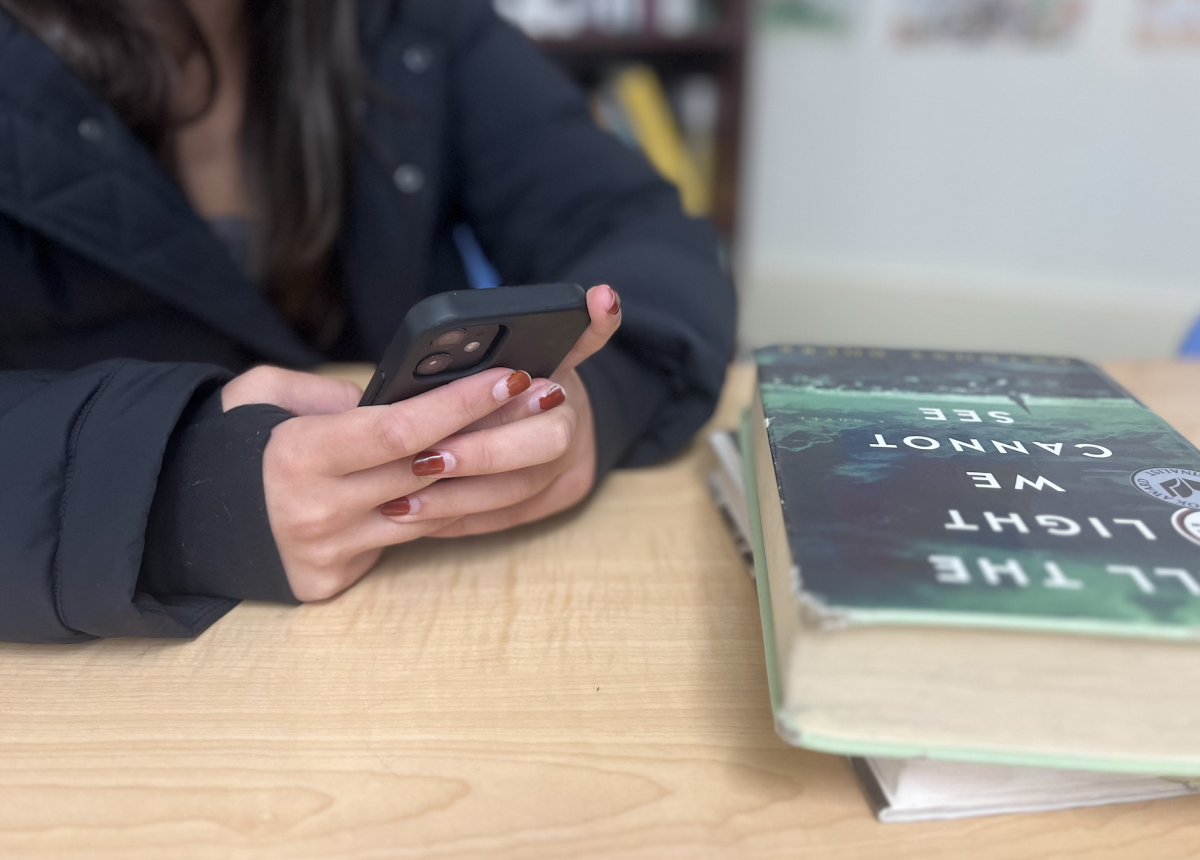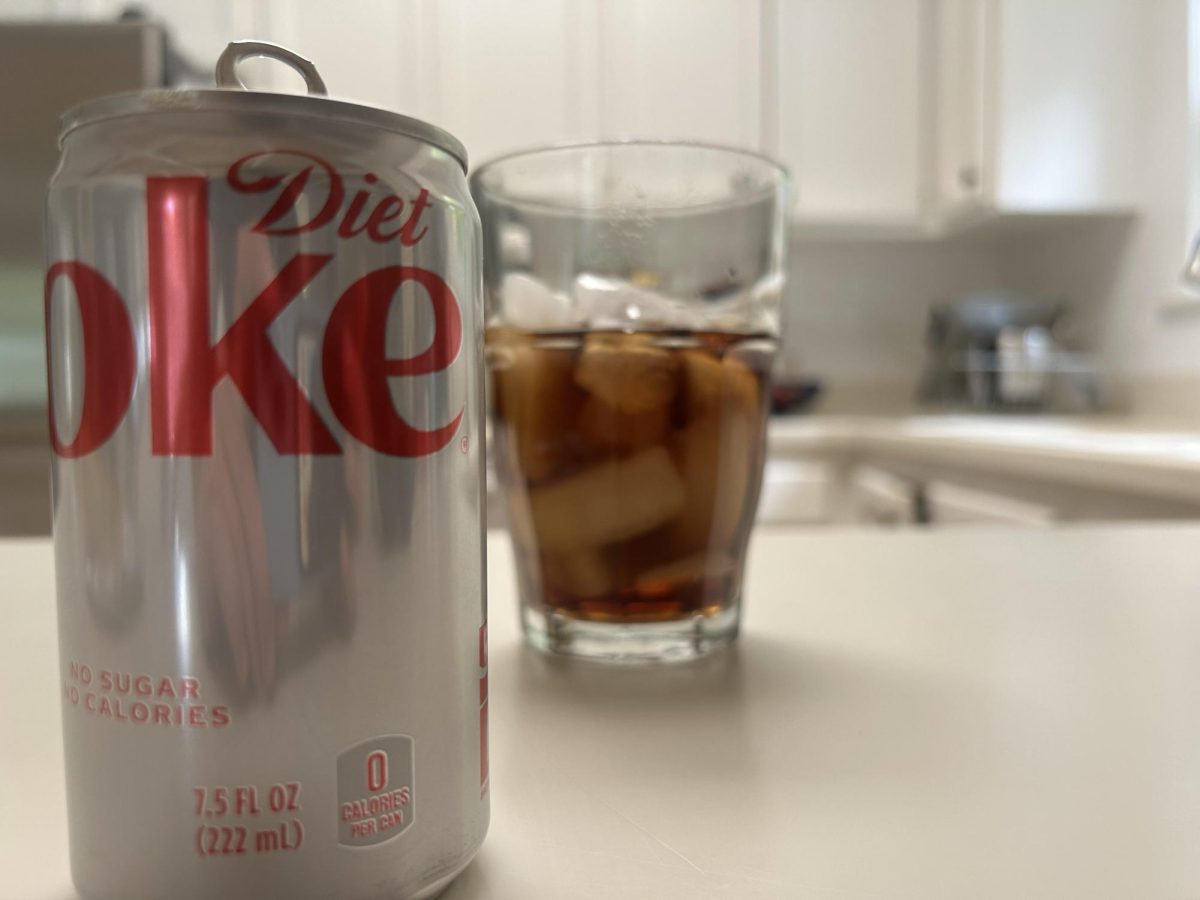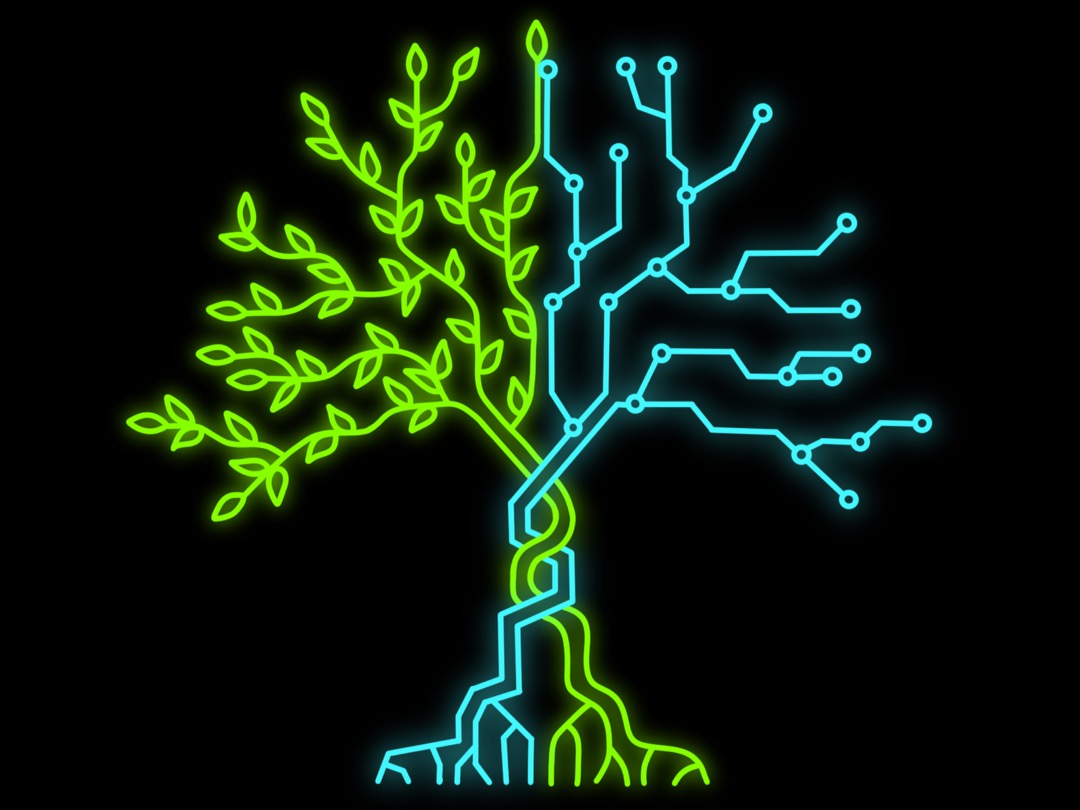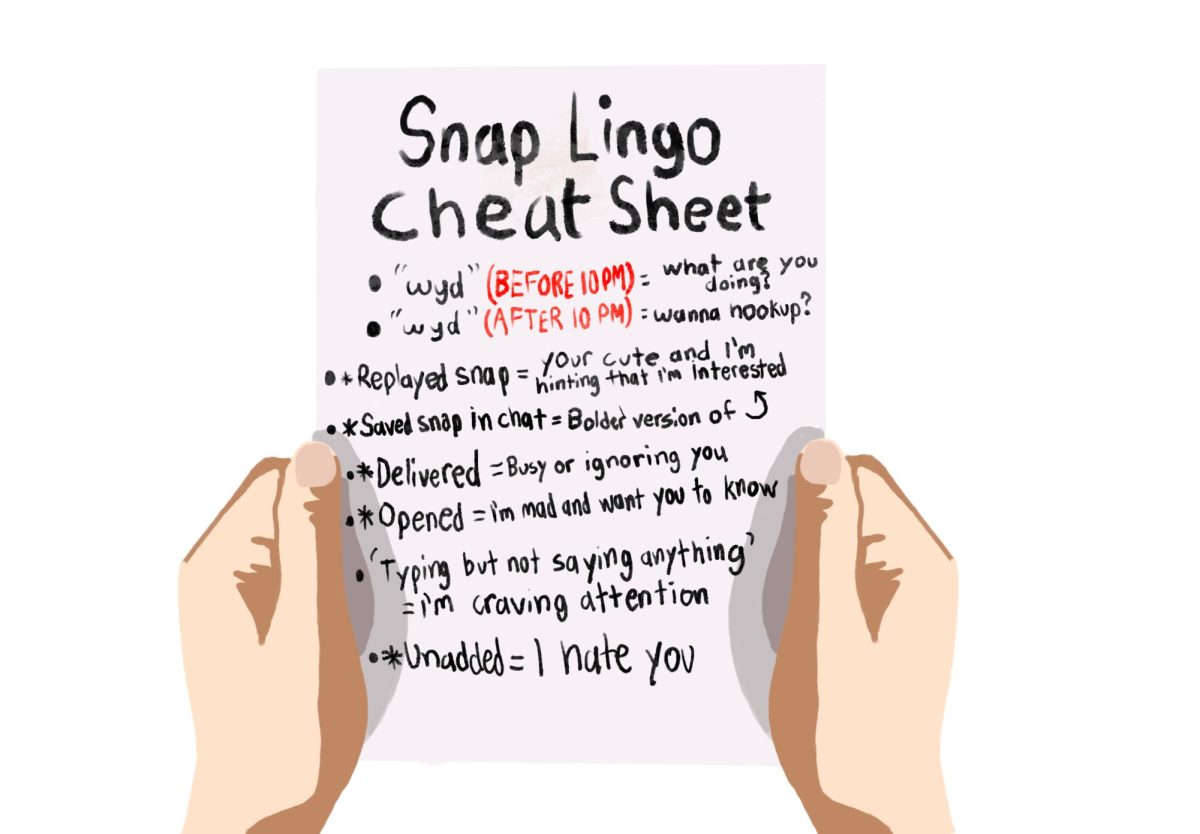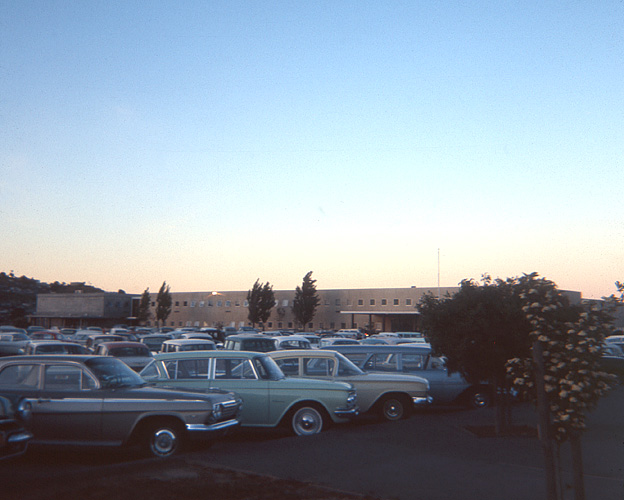COVID-19 has taught the world an important lesson: to never take opportunities, events or experiences for granted. As society starts to recover from the life-altering repercussions caused by the pandemic, social events begin to return. Through the lack and inability to host gatherings and festivals, artists and musicians continue to struggle to keep their voices from extinguishing behind fabric masks. Artists can only hope to start performing more regularly in front of live audiences and cheering crowds once more.
Lina Ibrahim, a junior having attended a Dierks Bentley country concert at Shoreline Amphitheater on Aug. 24, suggests diminishing COVID-19’s wave of isolation through allowing more events like it.
“For the first time in a long time I felt so free and connected. I forgot how happy going to [those] events made me,” she said.
Ibrahim is not alone in her enthusiasm for music. According to an article written by the University of California, Berkeley, neuroscientists have discovered that listening to music and attending musical events positively stimulates the brain by sending dopamine through its neurons; thus, boosting one’s mood.

When the pandemic first arrived in early 2020, concerts and music festivals immediately shut down in order to uphold safety regulations. However, since the release of vaccines, music festivals have begun to return full swing.
In an interview conducted by the Cleveland Clinic, Donald Dumford, an infectious disease specialist, addresses why even with such events open, people should still take caution as the recent Delta variant continues to spread.
“With the new information we’re getting on the Delta variant, I’m a little bit hesitant to say [it’s safe]. That’s because this new COVID-19 strain is more transmissible than other ones,” Dumford said.
Dumford emphasized that data and knowledge about this new variant change every day. However, he offers a simple solution: vaccinations.
“By getting vaccinated, you’re protecting yourself and you’re protecting those around you. The best solution [at this time] to reduce transmission [rates] is to follow masking and get vaccinated,” Dumford said.
Despite the temporary damper COVID-19 put on the performance industry, music festivals and concerts remain alive and well for the time being. Senior Kendall Templeton recently attended Lollapalooza: an annual, four-day music festival held in Chicago in July, 2021.
“Whether or not you feel comfortable going to such events is totally up to you as an individual. No one is forcing you to go. In my opinion concerts are so important. It’s a different way to connect,” Templeton said.
In a time of such separation, music is a way to allow thousands of people to connect. Senior Maisie McPeek loves to perform, sing and play the piano and guitar. As an artist herself, she shed light on the importance of such events.

“I go not just for the music, but to support my fellow musicians [and] artists. Giving artists an opportunity to perform now [in front of a real life audience] is more important than ever,” McPeek said.
The pandemic has not treated the music industry with kindness. Artists, musicians and dancers were forced to adapt to a world where talent could only be heard through the fabrics of a mask or the glossy face of a computer screen. These restrictions have made it increasingly difficult to organize performances and sell tickets — a critical part of musicians’ jobs. The global music revenue has declined by 25 percent in the past year. Even though it is too soon to tell how much irreparable damage COVID-19 has caused the industry, 2020 data from BBC News estimates that musicians have lost two-thirds of their annual income.
For McPeek, buying festival tickets and attending concerts is her own way of giving back to the industry that gave her so much contentment during the pandemic. Music, being deep and thought provoking, can be a substitute for the time in which words fail, according to McPeek. It elicits new emotions and serves as a powerful way to reminisce and recall memories. Music provides people with the deepest forms of clarity, relief and inspiration.
“Live music is something that’s been missing from our lives for what’s felt like forever. Nothing brings people together [like] live music, and solidarity is something we currently really need,” McPeek said.


